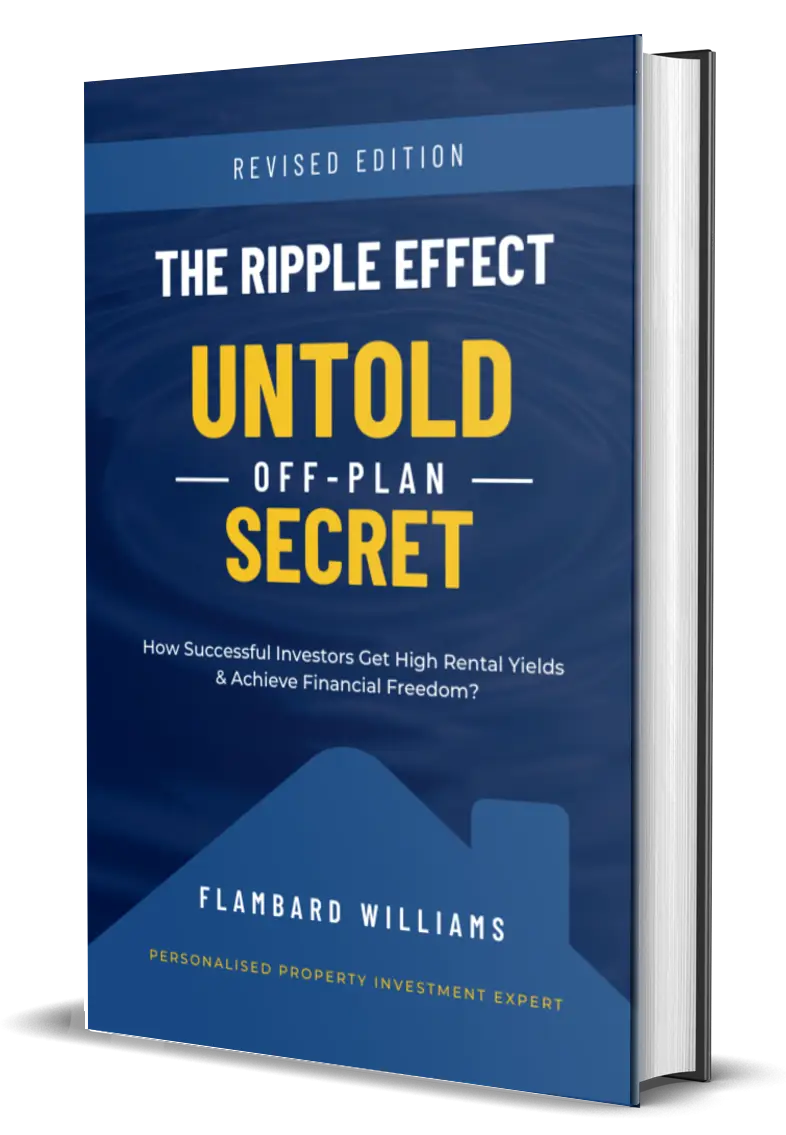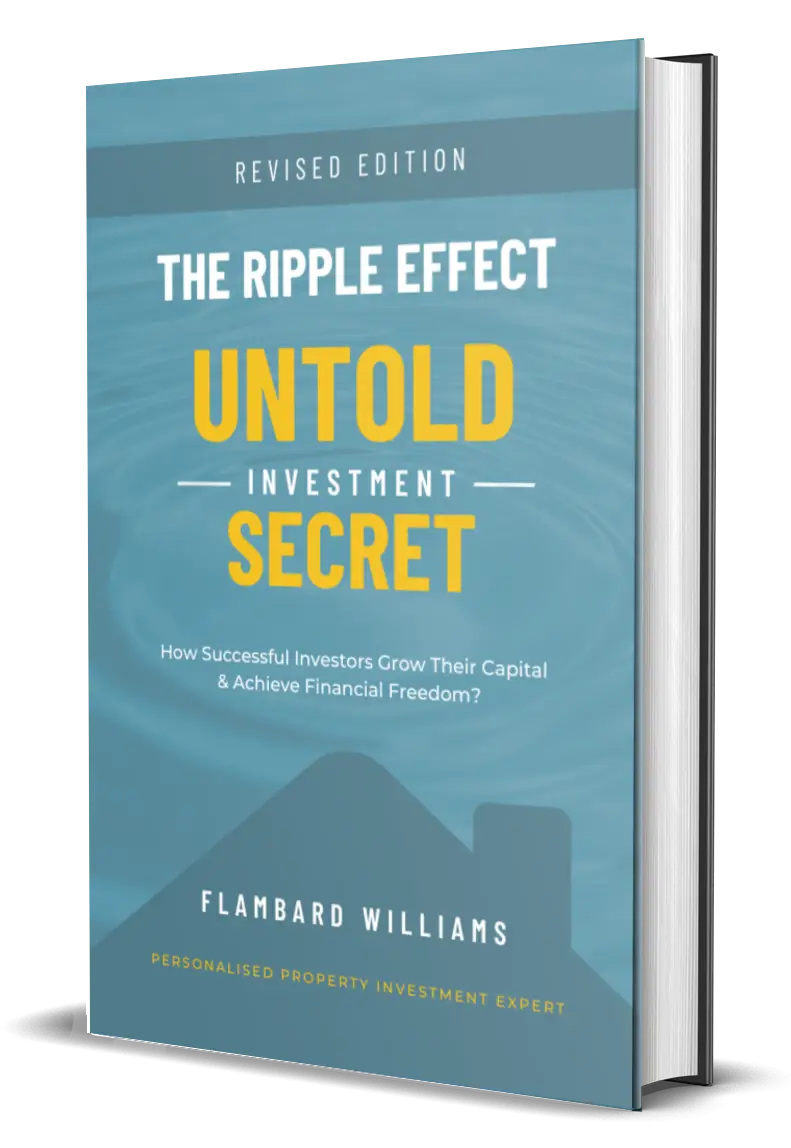Buying your first property is always a very exciting time and most people feel that once they have chosen their property the next part is plain sailing, the buying process. Well in my experience that’s when the real work starts and at this point timescales and expectations around them tend not to correlate. It’s at this juncture you need to do most of the work, and it is key to get all elements of the deal just right, because once you have made your decisions and signed all the paperwork, the deal you have just done is not only one of the biggest you will do in your lifetime, it can also impact you for the rest of your life and any bad decisions will come back to bite you later. So what is it that first time buyers need to do, so that they not only get the property of their dreams, and not a long term nightmare? Here we have compiled a list of do’s and don’ts that should help you achieve the best possible deal for you when you start the process.
1. How Much Can I Afford to Borrow?
When you start out the first thing you should figure out is how much CAN I afford to borrow, not how much can I borrow. There is a subtle difference here as you can see but that little word ‘can’ is key. Remember always factor in a little buffer for yourself, you never know there maybe a time when you are out of work, how long could you afford to keep the mortgage going should you find yourself in that situation? Or maybe you get some unexpected bills, or expenses, if you have borrowed to your spending limit this may lead to problems as costs change.
2. Is the Property in a Good Location?
Once you have decided on the property, is the area in a good location as this can be key when it comes to reselling. Remember though there can be bargains to be had if you are picking an up and coming area. How to tell? Usually take a quick look at the local high street, usually a good sign is the arrival of quality shops or restaurants to the high street, the moment a Gail’s bakery or some artisan coffee shops pop up, or a Japanese restaurant you know the area is on the up.
3. How Long Has it Been on The Market For?
Ask how long the property has been on the market for. If it has only just gone on the market and the interest is strong it may be beneficial for you to get in an early offer, or if it is well priced and the perfect property then pay the asking price and secure the sale. If however, it has been on the market for a while then ask why, have there been previous buyers that have come across issues, have there been problems with the surveys. The agent is obliged to tell you all issues associated with the property. If the property has been on the market for a while then there is an opportunity to put in a lower offer, maybe saving you many thousands if they accept the offer.
4. Why Are The Vendors Selling?
Another key question to ask your agent is why are the vendors selling? Don’t be scared to ask, if the reasons are genuine, like they need more bedrooms or relocating etc. then there should be no issue, but if there are problems with neighbours or similar issues they may be a little more reluctant to tell you. Remember that they are obliged to disclose all relevant information, and if they do not reveal an issue that later comes to light when they have to fill in the relevant disclosure forms then you have rights, and you can take the vendors to court if they hide such things.
5. Undertaking a Survey?
Next is undertake a survey, the type of property you are buying will determine the level of survey you need. General rule though would be if you are buying an older property you should undergo a full structural report, if however, you are purchasing a new build, perhaps just a basic RICS report will suffice as most new builds are covered by NHBC or other accredited warranty.
6. Is it Worth Doing Searches?
Finally when you instruct your conveyancing agent or solicitors it is always worth instructing them to do full searches, to include any planning applications for the local area etc. as this could impact on you later.
7. What is My Position?
As a first time buyer you are in a strong position. You come to the market as a cash buyer, in other words nothing to sell, so you are chain free. This is a very strong bargaining tool and can go a long way to securing yourself a bargain when buying a property as vendors are attracted to unencumbered buyers.
Hopefully the list above will help guide you to securing a great home, and protect you from some of the pitfalls that can affect first time buyers as they enter the property market.





















 Exclusive Property Launch Invitations
Exclusive Property Launch Invitations Customised Market Reports
Customised Market Reports Exclusive Access to Off-Market Properties
Exclusive Access to Off-Market Properties Networking Events
Networking Events





